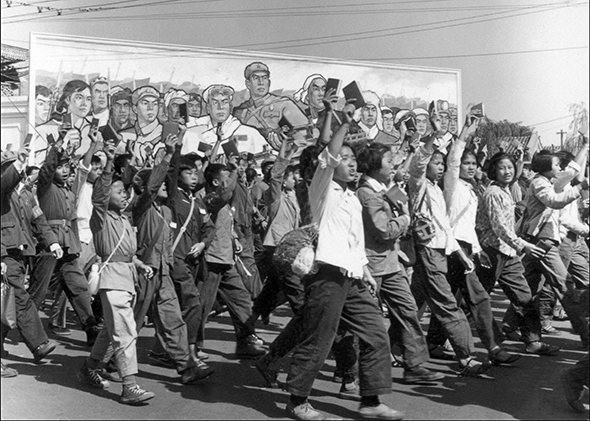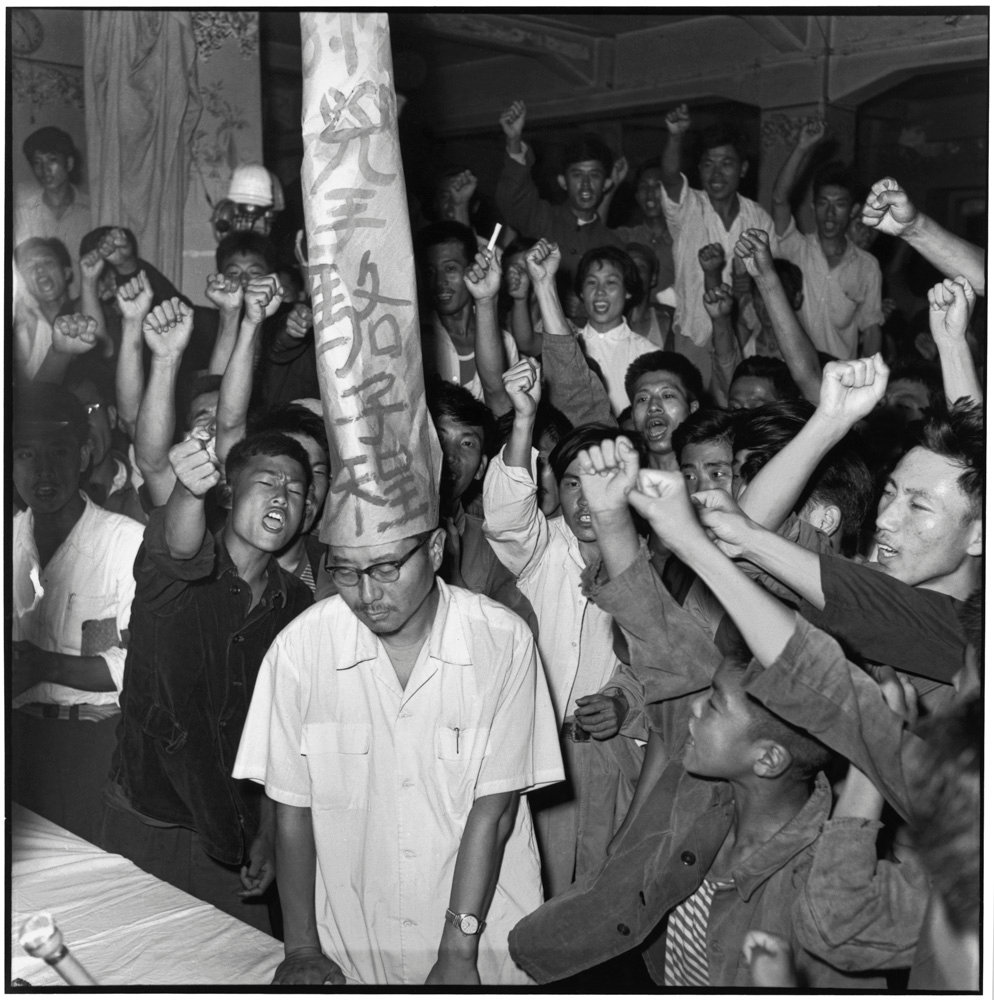After Hurst, the Court in November will hear Foster v. Chatman, which tests the Courts requirement that all juriesin capital and non-capital casesbe selected without racial discrimination. That rule was announced three decades ago, in a case called Batson v. Kentucky. Under Batson, no party can use race as a basis for peremptory strikesdecisions by one side or other to exclude a potential juror. Ordinarily a lawyer need give no reason for a peremptoryit can be based on a gut feeling or a dislike of the social characteristics of a member of the pool. If the other party points to a racial pattern of peremptories, however, a court is supposed to hold a hearing at which the side using the strikes must explain a neutral reason for the strike.
The scandal of Batson is that courts tolerate the flimsiest explanations for seemingly clear use of race by prosecutors. A minority juror may be too old, too young, over- or under-educated, a former crime victim, or a former criminal defendant; almost anything will do.
Foster, however, seems to involve as smoky a gun as will ever be found. Tyrone Foster, an African American, was convicted in 1987 of capital murder for killing Queen Madge White, a white 79-year-old, as part of a burglary in Rome, Georgia. The prosecution had used its strikes to eliminate all four black potential jurors; when challenged, the states lawyers offered neutral explanations, and a Georgia trial court accepted them. In closing, the prosecution argued that the jury should order Foster put to death in order to deter other people out there in the projects.
Seventeen years later, Fosters lawyers won the right to inspect the prosecutions notesand what they found indicated that the neutral explanations were a sham. The word BLACK on each black jurors form was circled; they were coded B1, B2, etc., and highlighted in green. One investigator wrote on the forms that f it comes down to having to pick one of the black jurors, Ms. Garrett, might be okay.
In 2013, a Georgia trial court rejected the Batson claim. [T]he notes and records submitted by Petitioner fail to demonstrate purposeful discrimination, wrote the (elected) judge. That result shocks the conscience; true, the prosecution did not write on the forms MAKE SURE TO EXCLUDE THESE JURORS BECAUSE THEY ARE B-L-A-C-K AND LETS NOT WORRY ABOUT VIOLATING B-A-T-S-O-N, but the notes show everything short of that.









